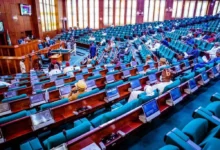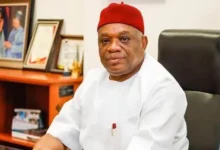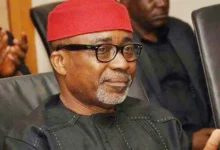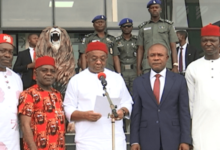
Unusually brisk pace has attended the Federal Government’s determination to share powers with the states on electricity supply. It has apparently dawned on the Federal Government that its continued monopolistic hold on electric power has been the primary reason that the nation has been unable to move forward in power generation, transmission and distribution.
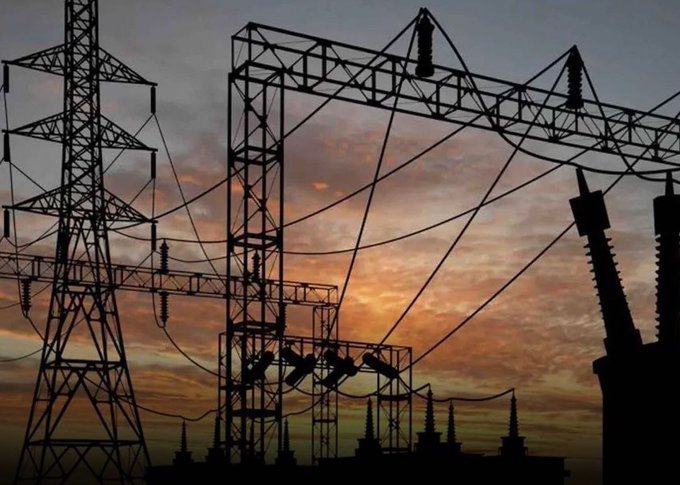
Electricity
In March this year, former president, Muhammadu Buhari, signed 16 Constitution amendment bills transferring power on electricity, railways, prisons and other items from the Exclusive List to the Concurrent List. President Bola Tinubu’s assent to allow the states and private sector freedom to invest in the power sector for the needs of the people in their domains is a welcome kick-starter. Coming at the onset of this administration, the power sector could experience uncommon growth if the new dispensation is fully exploited.
All it requires now is for the various states to enact their consequential legislations to activate the policy. This liberalisation agenda took a long time in coming because a few powerful individuals insisted on the central monopoly of strategic sectors of the economy. After wasting trillions of naira on corruptly-packaged power sector “reforms”, it has dawned on everyone that power devolution is the only sensible way forward.
Maintaining a single national grid has been hampering the pace of development in many parts of the country. States that invested in the power sector were forced to give up their generated power to the national grid. Now, states can consume what they generate and drive their development without looking over their shoulders.
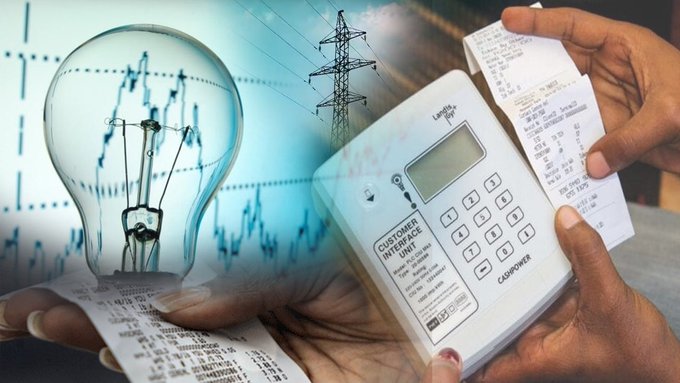
The various states can invite investors to exploit their natural endowments such as oil, gas, wind, water, thermal, solar and other sources to generate and sell power to consumers. It is now easier for state governments to focus their industrial development agendas. The states can once again become the workshops of the nation, as micro, small and medium factories and businesses will be given an impetus to thrive, particularly in the suburban and rural areas.
This will not only expand our economy’s production base, it will also create employment opportunities, curtail the rural-urban drift and promote even development. When much of the idle or underemployed urban population, especially the youth, are offloaded to the rural areas, it will also help to close up ungoverned spaces and arrest insecurity.
Now, our governors no longer have excuses to hang around the Presidency in Abuja waiting for handouts. The more enterprising ones can now tap into the new liberalisation laws and create thriving economies independent of federal spoon-feeding.
We call on the state governments to quickly enact their laws and take full advantage of this opportunity. Otherwise, the National Electricity Regulatory Commission, NERC, will continue to dictate to them.
With that, the power devolution will lose its meaning.










